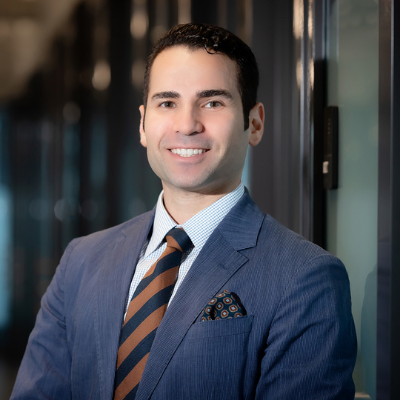
Is Adding New Subject Matter, Similar to Continuation-In-Part (Cip) Applications, More Difficult in Other Countries? Is It Easier to Maintain the Original Priority Date for New Subject Matter in the United States Than Internationally?
CIPs are more difficult abroad because the parent applications of a CIP will be used as prior art against the CIP in those instances. Thus, the newly added subject matter of the CIP must independently be patentable (inventive and non-obvious) over the base subject matter that it shares with the parent application. In the US, we allow applicants to build on their own prior art significantly more than in other countries. For instance, at one point, the United States had a §103(c) exception – prohibiting Examiners from citing any prior patent publications in a §103 obviousness-type rejection that had ‘common ownership’ to the Existing Applicant. So, while the Applicant will not have to deal with combating their own prior art under § 103 in the United States, international jurisdictions tend to be more stringent in their considerations.

Yuri L. Eliezer, Esq.
Patent Attorney
Managing Partner
contact@founderslegal.com
Lauren Hawksworth
Marketing Administrator
Yuri heads the Intellectual Property practice group at Founders Legal. A practice he co-founded at the Atlanta Tech Village – the nation’s fourth largest incubator. Yuri was one of the few attorneys invited by the USPTO to provide technical training and industry insight at the Patent Examiner Technical Training Program (PETTP), where he shared insight into technology company decision points and challenges within the US Patent System. By the nominations of colleagues that have worked with him over the past several years, Yuri was selected to the 2021 and 2020 Super “Patent” Lawyer Lists, an award that is given to just 2.5% of attorneys. His recognition relates to his work in securing multi-million dollar patents for his clients – patents that have been tested through USPTO examination, re-examination and litigation. Yuri also strives to use his first-hand knowledge of the legal industry to develop innovative methods to improve the practice of law, and has been recognized as a player in the law practice technology field.
